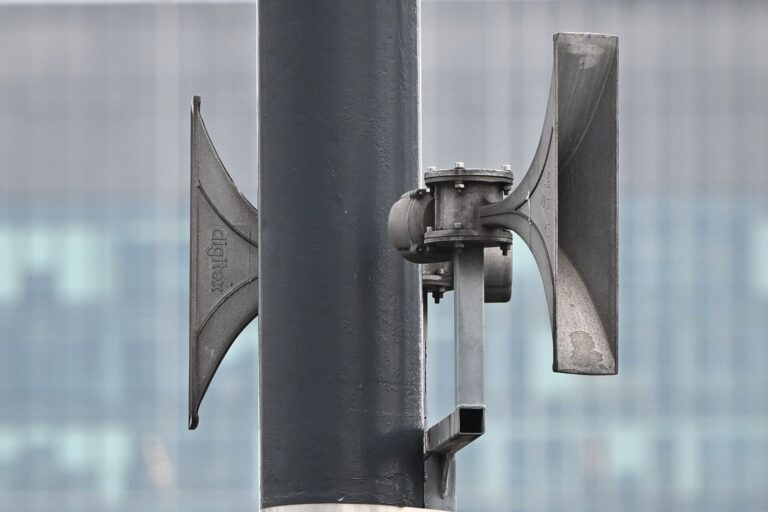Biznes Fakty
UOKiK fined Rawag and Carlsberg for payment defaults

The President of the Office of Competition and Consumer Protection has imposed fines on two firms for delayed payments to their contractors: Rawag and Carlsberg, as announced by the Office on Monday. Both companies accepted the findings of the Office and have settled the fines. In total, there were delays in 2,842 business transactions.
As stated in the UOKiK announcement, the first company penalized is Rawicka Fabryka Wyposażenia Wagonów Rawag, which primarily engages in the production of railway locomotives. The second company facing a financial penalty is the beer manufacturer Carlsberg Supply Company Polska.
Carlsberg and Rawag penalized for payment delays
The Office highlighted that during these two cases, the President of the Office of Competition and Consumer Protection reviewed 16,762 invoices issued to 1,287 companies and identified that 322 of them experienced delays in 2,842 transactions. The fine for Rawag exceeded PLN 291,000, while Carlsberg was fined PLN 69,000. The Office noted that both companies accepted the findings and paid the fines.
The Office of Competition and Consumer Protection (UOKiK) has indicated that it is continuing its so-called soft interventions with other companies whose payment practices „raise concerns” and may pose a risk of payment issues. „Entrepreneurs are notified about the irregularities observed and the potential repercussions of failing to improve. Soft interventions are part of a broader preventive approach – they foster awareness and payment culture among entrepreneurs and facilitate changes in their practices without needing to initiate formal proceedings. Since the start of the year, 81 entrepreneurs have received such interventions,” the Office stated.
The announcement also mentioned that in April, proceedings were initiated to impose a financial penalty on the Neptun company from Lublin for failing to provide the requested information.
Excessive payment delays can be reported
Entrepreneurs can face a penalty of up to 5% of annual revenue – capped at EUR 50 million. Such penalties can also apply if responses are given after the deadline set by the Office or if misleading information is provided regarding the findings in the case.
The Office of Competition and Consumer Protection reminded that current regulations allow for reporting to the President of the Office any suspicion that a specific company is excessively late in making payments. Such a report must include four components: identification of the entrepreneur in question, a description of the factual circumstances that support the report, evidence suggesting that the delays are indeed occurring, and information identifying the reporting party. Documentation that could confirm the payment delays must accompany the report.
The Office reported that, according to the principles of the anti-clogging regulations, the fight against late payments is pursued in two ways. „An entrepreneur who has not received timely payment should first request that the debtor settle the owed amount for goods or services. If this does not yield results, they may seek their rights in civil court. Furthermore, one of the penalties for the debtor’s late payment regulated by the Act is statutory interest for delays in commercial transactions,” the announcement stated.
Invoice Due Date. What are the regulations?
According to regulations, as highlighted by the Office of Competition and Consumer Protection, if the parties involved in a commercial transaction have not stipulated a payment deadline in their agreement, the creditor is entitled to statutory interest for late payment in commercial transactions after 30 days from the date the obligation was fulfilled by the creditor until payment is made, without needing a summons. An additional consequence for the debtor who fails to meet their monetary obligation within the agreed timeframe is compensation for debt recovery costs, which ranges from 40 to 100 euros depending on the value of the monetary obligation.
Another approach is through administrative proceedings conducted by the President of the Office of Competition and Consumer Protection. If it is determined that an entrepreneur has been late with payments for three months totaling over two million złoty, a financial penalty may be imposed, payable to the state budget.
” Payment delays are among the most significant challenges facing the Polish economy. They also pose obstacles to business operations, particularly for smaller entrepreneurs, as they increase costs and can lead to reduced employment or investments. Timely receipt of receivables and the associated financial liquidity are essential for the survival of smaller companies,” emphasized Tomasz Chróstny, the president of the Office of Competition and Consumer Protection, as quoted in the information.



